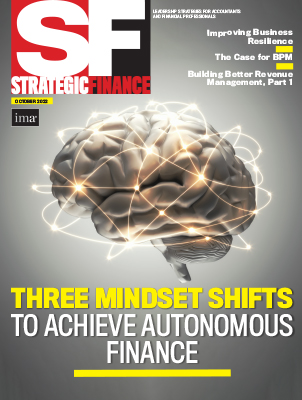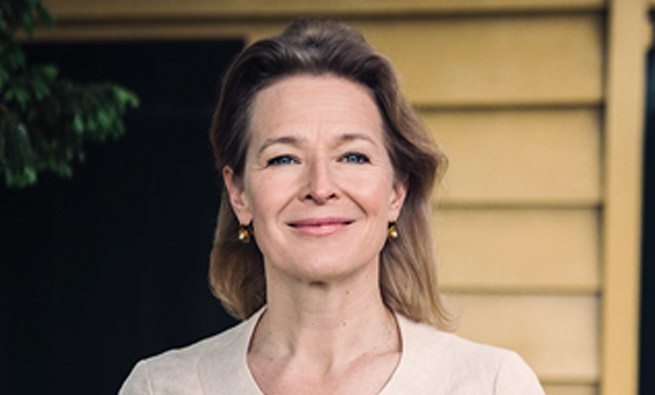For me, there’s no greater delight than listening to great performances in our beautiful concert hall at the Prinsenhof (translated as “The Court of the Prince,” it was a residence of William the Silent, considered the father of the Dutch nation). The pandemic proved to be an enormous challenge for the organization, but we weathered the storm and came back strong last summer. From a financial perspective, I’m still concerned about the long-term effects of the pandemic on the cultural sector in Delft as well as the Netherlands, but we managed to arrange this year’s funding and sold our tickets.
My management accounting skills allowed me to challenge our budget forecasts and define mitigation plans for negative scenarios. We as finance professionals play these roles everywhere: to optimize and protect the resources of our organizations. The festival survived last year, and my successor is already planning for the next year to make sure we can continue to organize our chamber music festival in the years to come.
This summer, the festival’s new artistic leader, Nino Gvetadze, created history in our incredible setting. Born and raised in Tbilisi, Georgia, Nino leads an active international musical life as a soloist and chamber musician. She brings a fresh perspective to the long-standing tradition of chamber music. Through her programming, she shared personal stories linked to diversity, integration, and international conflict.
One multidisciplinary performance featured the story of a young Georgian girl named Maro Makashvili, who wanted to study in Paris to become an independent woman, but her dreams came to an end when the Russian army invaded Georgia in 1921. Sadly, Maro was killed two days after she volunteered as a nurse. Maro is a well-known national hero in Georgia, someone who wrote passionately about freedom and the independence of her homeland in a diary that was later published. She’s sometimes called the Georgian Anne Frank. With stories such as these, not only did Nino Gvetadze bring great musicians to Delft, but she also made wise artistic choices, opening everyone’s eyes and hearts with her highly relevant thematic concerts. Most important, she did this with flair and sensitivity.
The festival proved a reminder for me about the importance of diversity and integration for our future. IMA® is also keen to promote cultural diversity. As an organization, we’re highly committed to creating and nurturing a diverse, equitable, and inclusive member community and finance profession. Diversity, equity, and inclusion (DE&I) is one of my key themes as IMA Chair, and I will continue to do everything I can to stimulate progress in this field. We want to recognize the progress we’ve made as a profession but also acknowledge that there’s still much we must accomplish. Ultimately, we want to ensure that those who optimize organizational resources and steer discussions about scarcity come from different backgrounds and cultures but share the same values of respect, passion, integrity, innovation, and teamwork.
Please join IMA in our efforts to raise awareness about this critical topic. And check out IMA’s DE&I page for our latest research in this area, including some fascinating regional findings. I also invite you to share your thoughts with me about the importance of diversity in your own life or organization.




